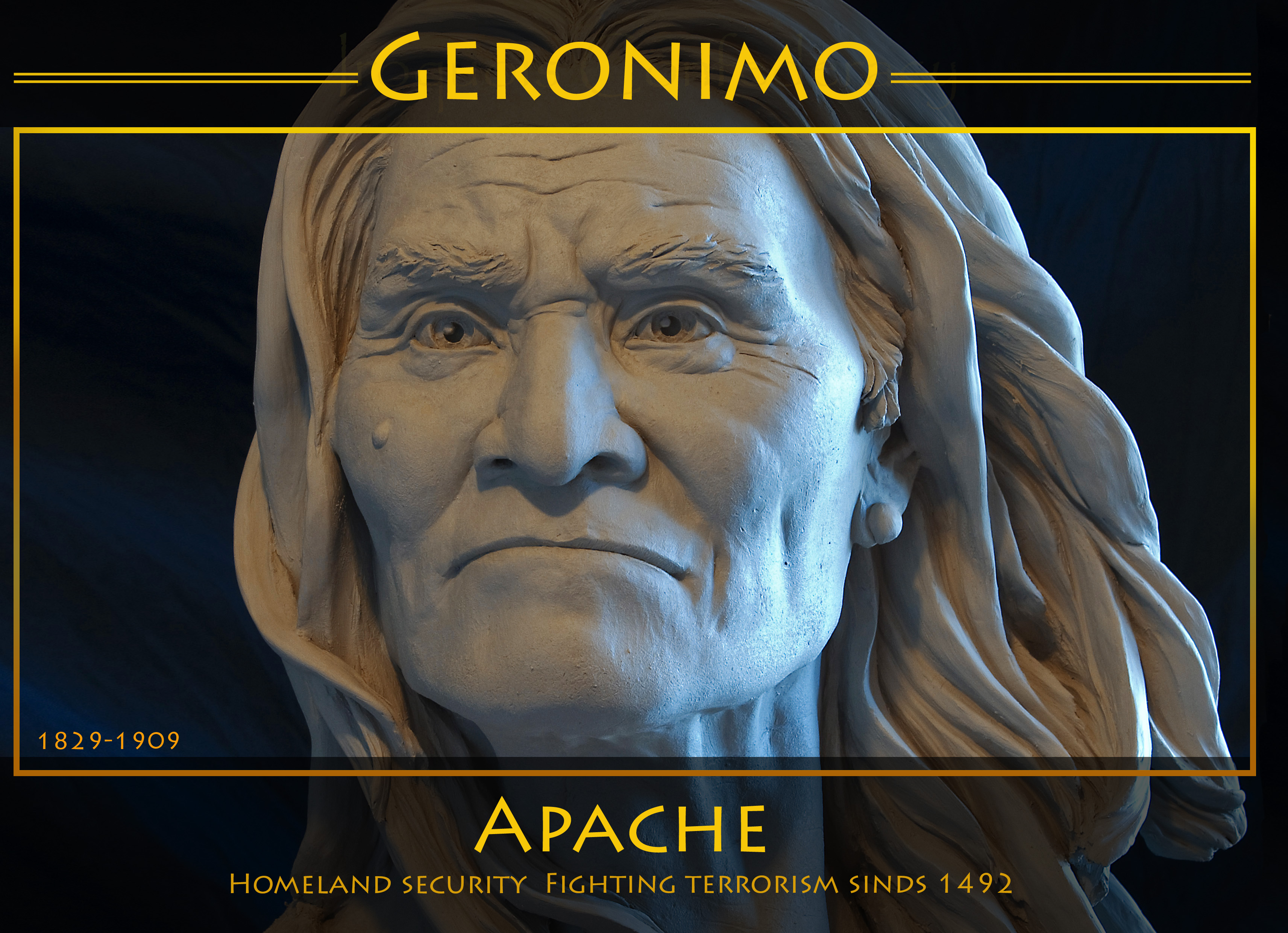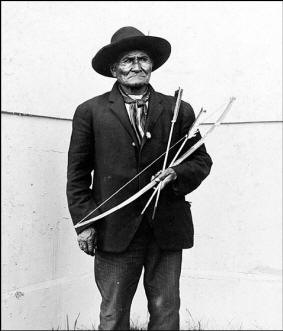|
GOYATHLAY ro GOYAHKLA, GERONIMO. |
![]()
GOYATHLAY HISTORY


![]()
Click here for GERONIMO HISTORY
Click here for THANKSGIVING ITS TRUE HISTORY.
Dao Go Te' doo
Hondah
Means to say It is good we meet
and welcome.
| Home | Testimonials | Knife Fighting |
| R. Redfeather | Apache History | Seminars |
| School | Knife | What's new? |
| Other Links | Knife DVD | Guestbook |
| Association | Knife Tournament | Tuition |
| US. Military | Fallen Warriors |
All materials contained in this electronic domain are protected by copyright and trademark laws and may not be used for any purpose whatsoever other than private, non-commercial viewing purposes. Derivative works and other unauthorized copying of use of text, stills, graphics, or video footage, without prior written consent, are expressly prohibited.
Copyright © 1993-2014 Robert Redfeather. All Rights Reserved
Apache-Knife.com®